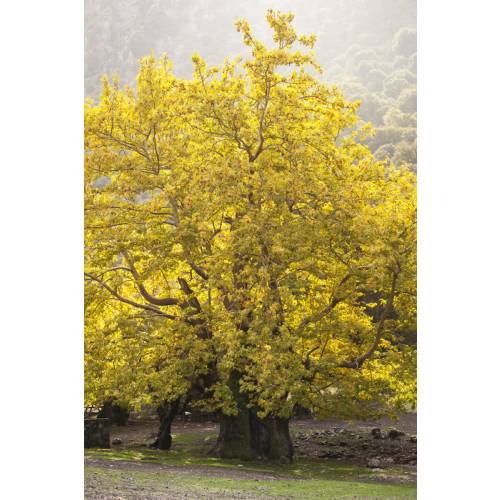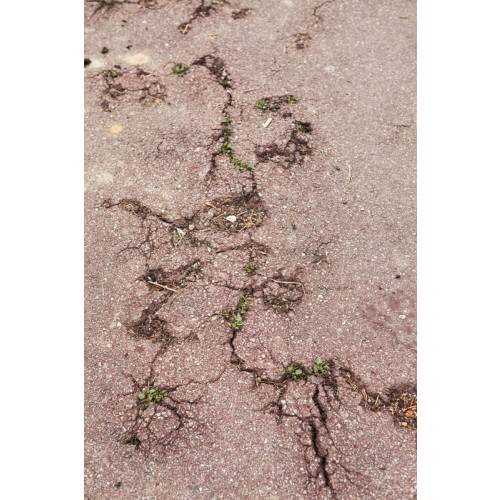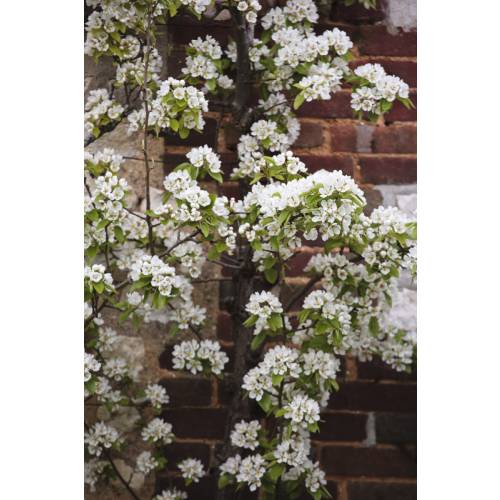
Choose plants in function of your garden
Distance between tree and wall
- Details
-
The presence of a tree is ideal to liven up a big wall… but we must be wary of the dangers their roots can cause. Some species can pose problems, others not.
A small tree will grow bigger
A plane tree, a paulownia or again a lime tree always gives you a big tree at maturity. Indeed, you must know that the roots represent twice the volume of the branches! Near a wall or a building, imagine what it represents! This is why you must be aware of this and not create yourself future problems in planting near a building a tree which will grow higher than 6m at maturity. A space of 10m between the tree trunk and the wall is about the right spacing.
Big trees can also create problems with your neighbours buried pipes which they can reach and damage, thanks to their long roots.
Large trunk, big problem
It is not only the height that must be taken into account, but also the type of vegetation the tree gets. A fig tree, for example, forms an impressive trunk with age which can damage walls foundations. In this case, you must keep a space of at least 3m between them. Trees grown trained, meaning which are grown tied along lines against walls, like apple or pear trees, never become cumbersome : they are the exception to the rule… as long as they are well looked after!
Beware of suckers producing trees
The Ailantus (Tree-of-heaven), the Black Locust (false acacia) and some poplars have the annoying tendency to produce suckers from their roots, quite a distance away. Grown near a wall, the roots can go underneath and grow under a building or your neighbours’ buildings! These roots can grow quite a long way: In this case you need a space of a least 15m between the tree and the buildings which need to be protected.
Falling branches
The risk of seeing a tree falling on a building must also be taken into account. It is mainly the action of strong winds or not deep enough soil (if a layer of rocky soil is present less than 2m deep) which is going to increase the risk and incite you to plant the tree further away. The fall of branches depends largely on the species. Walnut trees, poplars and Ash trees are more sensitive to it. Beware of conservatories and greenhouses placed nearby! Read: Shrubs and trees next to the house
What about roots-barriers ?
If they are effective against bamboos which do not develop very deep roots (1 m approximately), it is another thing with trees which can grow roots several metres underneath the ground. A roots-barrier cannot protect a building against roots’ intrusion in the long run.
The case of climbers
Wisterias and Trumpet-creepers form large stumps. Despite this fact, they can be planted relatively closer to walls (between 50 cm and 1 m away, for example), if the wall has foundations. - Photos (4)




